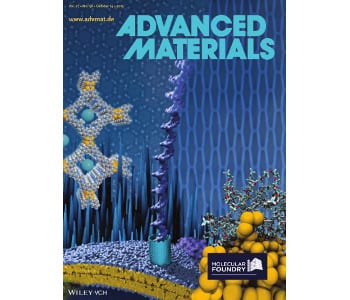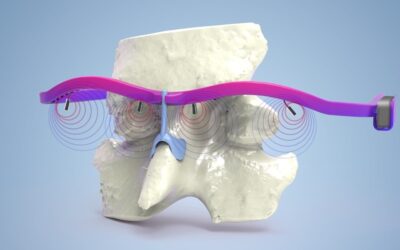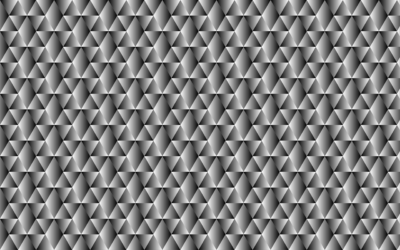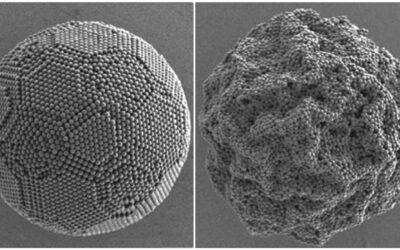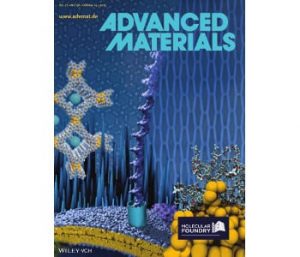 A new special issue of Advanced Materials has highlighted the broad work being done at the Molecular Foundry, part of the Lawrence Berkeley National Laboratory.
A new special issue of Advanced Materials has highlighted the broad work being done at the Molecular Foundry, part of the Lawrence Berkeley National Laboratory.
Since its creation at the turn of the century, the Molecular Foundry has become a global hub for multidisiplinary nanoscale science. It hosts researchers from around the world, both academic and industrial, and offers access to expertise and unique equipment in four key areas: combinatorial nanoscience, functional nanointerfaces, multimodal nanoscale imaging, and single-digit nanofabrication and assembly. Offering expertise and often unique equipment, and accepting proposals through a peer review mechanism, the research produced at the Foundry is at the cutting edge of nanoscience, and by its nature is extremely collaborative and multidisiplinary.
The special issue, published earlier this month, seeks to highlight some of this exciting research. Three review articles cover the development of advanced electron tomography with near-atomic resolution, the creation of programmable self-assembling polymers, and diffraction-beating near-field optical probes for investigating a material’s energy properties. 15 research news pieces then give an overview of the range of research being performed, covering fields from molecular self-assembly to nanofluidics, white-light sources, plasmonics, UV lithography, and nanostructuring.
As part of the production of this issue, short videos explaining the research highlighted on the covers have been recorded by the researchers responsible. Each of these can be viewed below, and the full issue table of contents can be seen here.
Theory of self-assembly
Electron Microscopy
Electron Tomography
Bioinspired Polymers
Near Field Imaging

